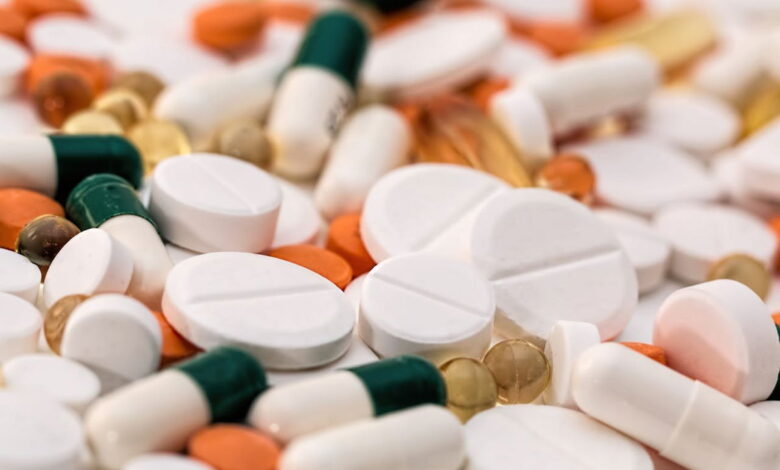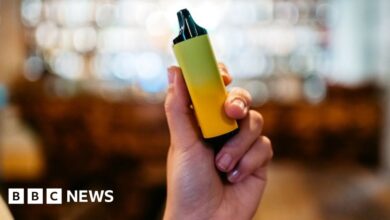The growing threat of pharma crime in the EU « Euro Weekly News


Medicines. Credit: Pexels, Pixabay
The European Union (EU) is facing a rising threat from pharmaceutical crime, as criminal networks exploit legal loopholes, supply chain vulnerabilities, and online platforms to distribute substandard and fake medicines.
A new Europol report (‘The threat of pharmaceutical crime in the EU and beyond’) sheds light on the alarming growth of this illicit industry, which poses risks to public health, undermines pharmaceutical research, and causes significant financial losses for pharmaceutical companies, research institutions, and healthcare systems due to the undermining sales, trust, and innovation.
Counterfeit pharmaceuticals
According to the Europol report, the trade of fake and inadequate medicines is driven by high demand, lucrative profits, and limited enforcement capabilities. Criminal organisations target a wide range of medications, including:
- Painkillers and synthetic opioids
- Diabetes treatments
- Anti-cancer drugs and antivirals
- Erectile dysfunction medicines
- Doping substances
- Antihistamines, anxiolytics, and hypnotics
Criminals use various tactics to infiltrate the legitimate supply chain, including counterfeit drug production in illegal labs across the EU. Online sales on social media and the dark web then allow for anonymous transactions. When delivered, the counterfeit drugs are often wrapped in fake packaging, making them appear genuine.
Europol warns that social commerce has become a major marketing tool for illicit pharmaceutical sales, with influencers knowingly or unknowingly endorsing counterfeit products.
In some cases, legitimate businesses, including pharmacies, transport companies, and medical professionals, have been found aiding these criminal activities.
Law enforcement on pharmaceutical crime
Despite regular crackdowns, pharmaceutical crime remains a low-risk, high-profit endeavour for criminals. Europol has been actively working to disrupt supply chains, seize counterfeit medicines, and arrest those involved in illegal pharmaceutical networks. In 2023, the agency coordinated Operation SHIELD, a global effort that led to the dismantling of multiple organised crime groups involved in counterfeit medicine trafficking.
However, large volumes of falsified drugs continue to reach consumers, highlighting the urgent need for stricter enforcement, better regulations, and greater public awareness.
Expats living in the EU should take extra precautions when purchasing medications, particularly online. Europol recommends:
- Only buying medicines from licensed pharmacies and authorised retailers.
- Avoiding “too good to be true” deals on health and weight-loss products.
- Verifying medication authenticity using the EU’s Falsified Medicines Directive (FMD) system.
- Reporting suspicious medicines or sellers to local authorities.
Notably, Spain has one of the largest pharmaceutical markets in the world. Back in 2023, a police raid in Madrid revealed 40,000 illegally-sold pharmaceutical and cosmetic products.




